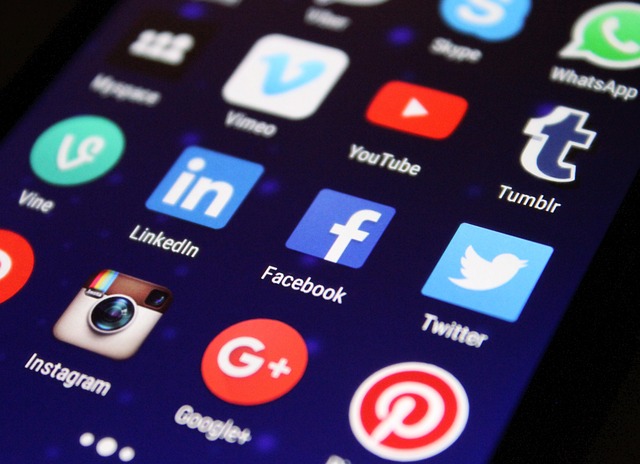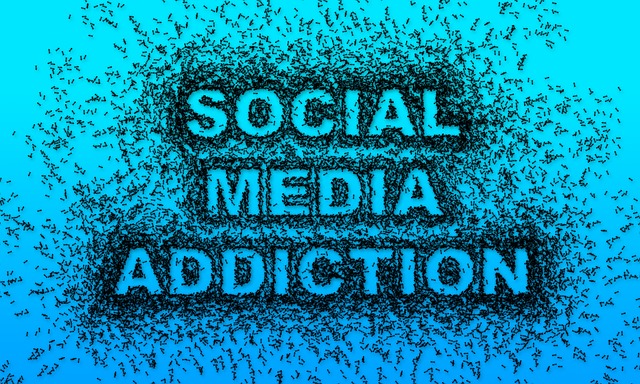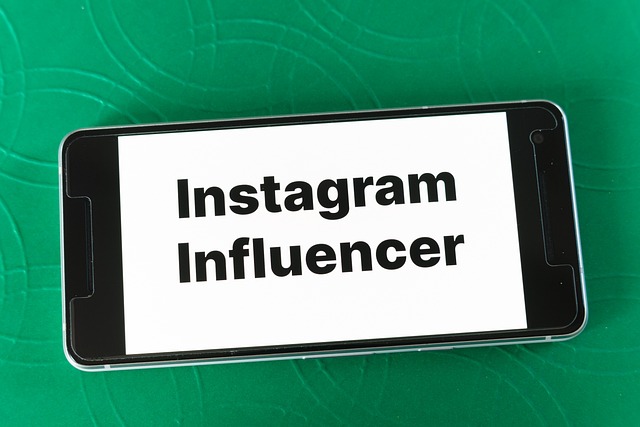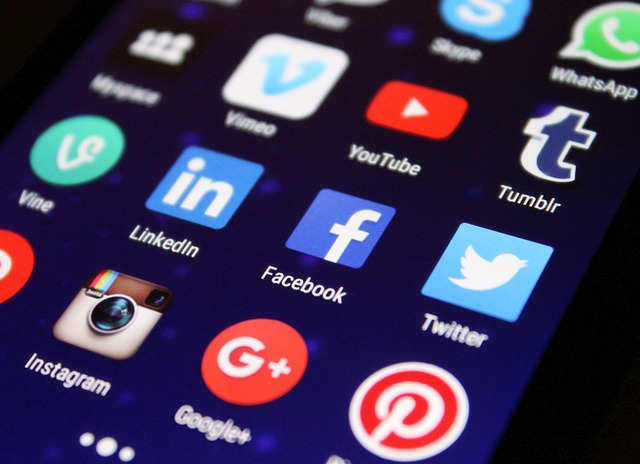In today’s digital landscape, influencers’ social impact cannot be overstated. From fashion trends to lifestyle choices, these individuals wield a remarkable level of influence over their followers, shaping perceptions and behaviors in ways that traditional media outlets can no longer compete with. This growing influence is particularly evident on platforms like Instagram, TikTok, and YouTube, where content creators engage with their audiences on a personal level, fostering a sense of trust and connection.
Social media has evolved into a powerful tool for communication and marketing, and influencers are at the forefront of this revolution. They have the ability to reach millions with just a single post, making them crucial in digital marketing strategies. Brands are increasingly recognizing the value of collaborating with influencers who resonate with their target audience, leading to an explosion of influencer marketing campaigns that not only promote products but also encourage lifestyle changes and social engagement.
The social media impact of influencers extends beyond commercial interests; it taps into the cultural zeitgeist. Influencers often address important social issues, raising awareness about mental health, environmental concerns, or body positivity. Their ability to communicate these topics authentically can inspire followers to take action, whether that means supporting a cause, adopting healthier habits, or simply rethinking their perspectives on everyday challenges.
Moreover, the relationship between influencers and their followers has evolved into a community-driven experience. Unlike traditional celebrities, influencers are often seen as relatable figures who share their personal journeys and challenges. This connection can lead to profound social impact, as followers may feel empowered to share their stories, fostering a sense of belonging and support among diverse groups.
However, with great power comes great responsibility. Influencers need to be mindful of the messages they promote and the potential consequences of their endorsements. Authenticity remains crucial; followers can quickly detect insincerity, which could lead to a loss of trust. Therefore, many influencers are now focusing on transparency, guiding their followers through their decision-making processes and showcasing genuine experiences rather than a flawless facade.
In this dynamic environment, it is essential for influencers to remain aware of the social implications of their content. The most impactful influencers are not just those who can sell a product but those who can inspire change and motivate their followers to engage with important social issues. By leveraging their platforms to discuss relevant topics, influencers can create a ripple effect that transcends mere marketing, instilling values and fostering a community of passionate individuals eager to make a difference.
As the influencer landscape continues to grow, understanding their social impact becomes increasingly vital. The engagement patterns, cultural shifts, and societal conversations facilitated by these digital leaders are shaping the future of social media and how we connect with one another. Whether through collaborations with humanitarian organizations, environmental advocacy, or personal storytelling, influencers possess the unique ability to make a lasting impact that resonates on a deeper, more emotional level with their audiences.




